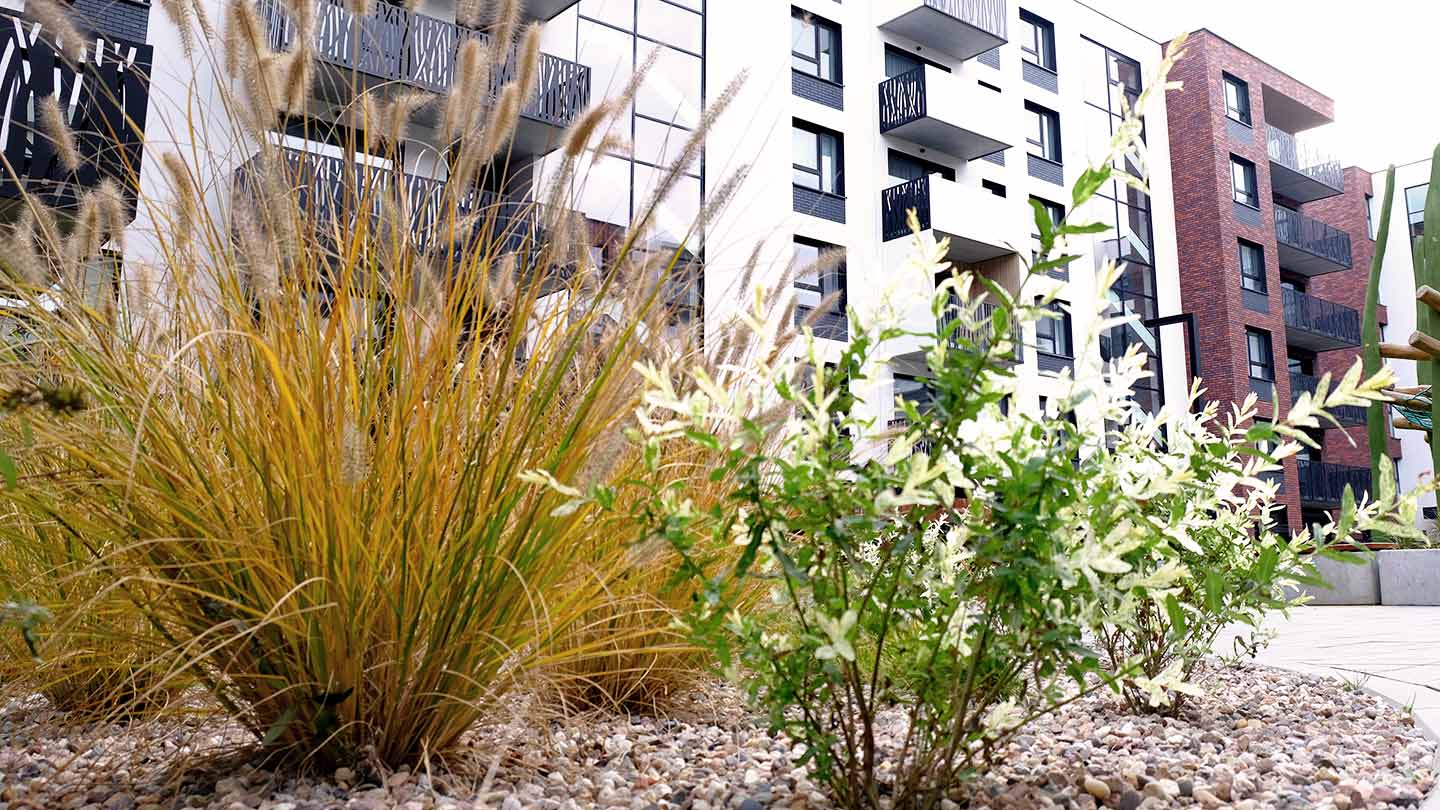Multifamily
Learn about key trends impacting multifamily real estate and best practices for managing apartment investments. From growing a portfolio to navigating the local market, experts share their top tips.
From startups to legacy brands, you're making your mark. We're here to help.
Key Links
Prepare for future growth with customized loan services, succession planning and capital for business equipment.
Key Links
Serving the world's largest corporate clients and institutional investors, we support the entire investment cycle with market-leading research, analytics, execution and investor services.
Key Links
Providing investment banking solutions, including mergers and acquisitions, capital raising and risk management, for a broad range of corporations, institutions and governments.
Your partner for commerce, receivables, cross-currency, working capital, blockchain, liquidity and more.
Key Links
A uniquely elevated private banking experience shaped around you.
Whether you want to invest on your own or work with an advisor to design a personalized investment strategy, we have opportunities for every investor.
For Companies and Institutions
From startups to legacy brands, you're making your mark. We're here to help.
Serving the world's largest corporate clients and institutional investors, we support the entire investment cycle with market-leading research, analytics, execution and investor services.
Your partner for commerce, receivables, cross-currency, working capital, blockchain, liquidity and more.
Prepare for future growth with customized loan services, succession planning and capital for business equipment.
Providing investment banking solutions, including mergers and acquisitions, capital raising and risk management, for a broad range of corporations, institutions and governments.
For Individuals
A uniquely elevated private banking experience shaped around you.
Whether you want to invest on you own or work with an advisor to design a personalized investment strategy, we have opportunities for every investor.
Explore a variety of insights.
Key Links
Insights by Topic
Explore a variety of insights organized by different topics.
Key Links
Insights by Type
Explore a variety of insights organized by different types of content and media.
Key Links
We aim to be the most respected financial services firm in the world, serving corporations and individuals in more than 100 countries.
Key Links
Learn about key trends impacting multifamily real estate and best practices for managing apartment investments. From growing a portfolio to navigating the local market, experts share their top tips.
All topics
No results found
Adjust your filter selections to find what you’re looking for

Real Estate
What a recession could mean for commercial real estate
Jun 24, 2025
Even a mild recession could impact each asset class differently. Leaders across the industry discuss how commercial real estate investors can prepare for an economic downturn.

Real Estate
Thinking about buying another home? Here’s what to consider
Jun 24, 2025
When assessing if adding another home to your real estate portfolio is the right move, consider the financials as well as your motivations for buying and life stage.

Real Estate
Jun 20, 2025
Whether you’re a novice or you’re experienced in the home-buying market, discover some things to think about as you move forward in the process.

Real Estate
How multifamily investors can prepare for a recession
Jun 16, 2025
Experts from JPMorgan Chase and Moody's Analytics explain why the economy is teetering on a recession and offer tips for multifamily investors.

Real Estate
Top industrial real estate trends
Jun 11, 2025
Judy Guarino outlines the state of industrial, including the impact of AI, reshoring and other key trends.

4:17 - Real Estate
If these walls could talk: Philadelphia
Jun 10, 2025
We’ve invested more than $260 million in Philadelphia affordable housing and community services. Discover Community Development Banking’s local impact.

Real Estate
Addressing Colorado’s affordable housing crisis
Jun 05, 2025
The Centennial State is among the most popular—and expensive—places to live. Learn how developers and industry leaders in Boulder, Colorado Springs, Denver and Fort Collins are growing affordable housing inventory.

Real Estate
3 tips to increase a property’s climate resiliency
Jun 03, 2025
With severe weather events on the rise, there are several steps commercial real estate owners and operators can take to make their properties more climate resilient.
You're now leaving J.P. Morgan
J.P. Morgan’s website and/or mobile terms, privacy and security policies don’t apply to the site or app you're about to visit. Please review its terms, privacy and security policies to see how they apply to you. J.P. Morgan isn’t responsible for (and doesn’t provide) any products, services or content at this third-party site or app, except for products and services that explicitly carry the J.P. Morgan name.